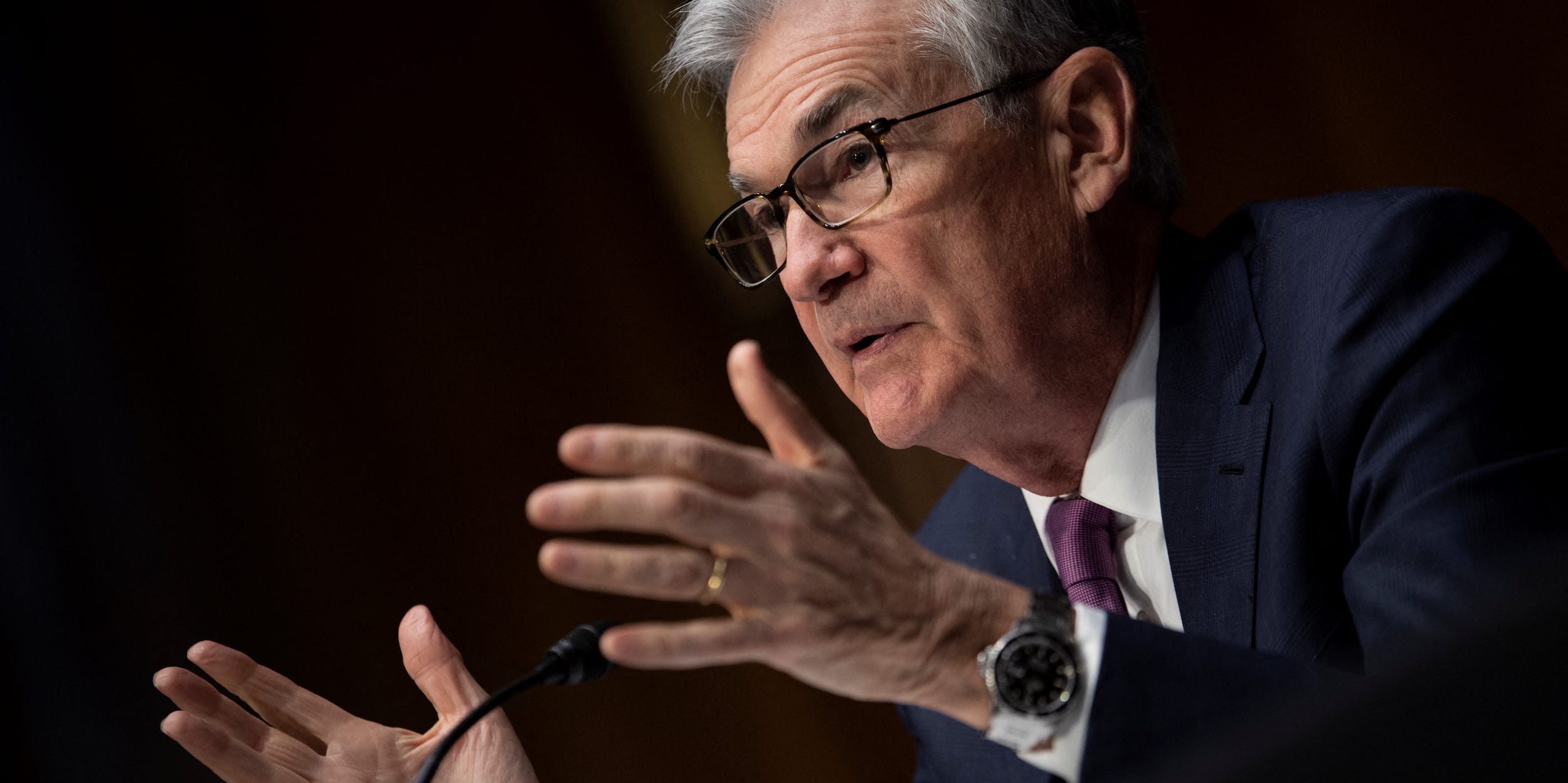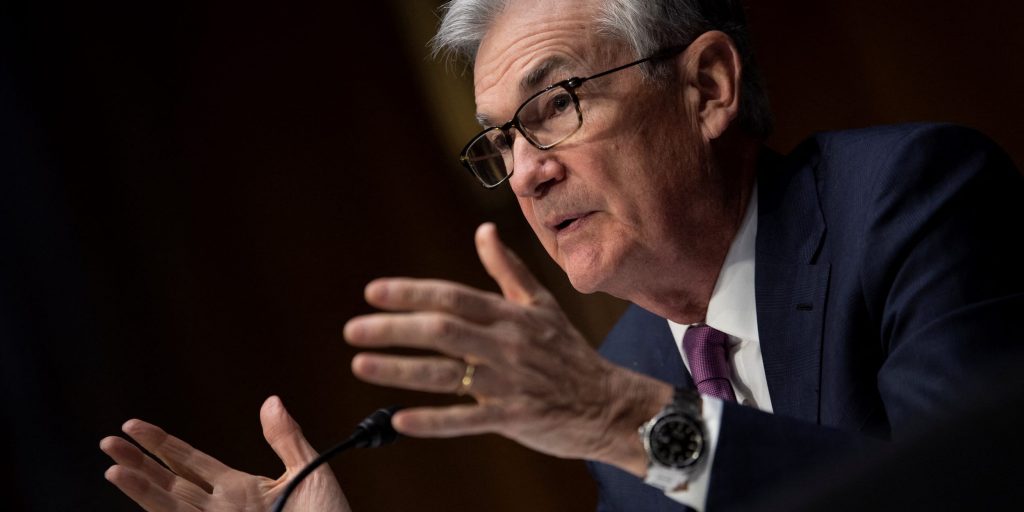
- The US Federal Reserve released its long-awaited report on central bank digital currencies.
- The report weighed the pros and cons of issuing a CBDC but didn't take a stance on whether to do so.
- The Fed asked for public comment on a list of 22 questions about the matter.
- Sign up here for our daily newsletter, 10 Things Before the Opening Bell.
The Federal Reserve published its long-awaited report on a US digital currency on Thursday but avoided taking a stance on whether the country should establish one.
In a 40-page report that was previously due last summer, the Fed outlined the pros and cons of a central bank digital currency, also known as a CBDC, and requested public comment. As for whether the Fed would issue a digital currency, the central bank said the report was designed to foster conversation, not to take a stance.
"The paper is not intended to advance any specific policy outcome, nor is it intended to signal that the Federal Reserve will make any imminent decisions about the appropriateness of issuing a U.S. CBDC," the report read.
The Fed said it needed broad public and government support in order to pursue a CBDC and asked stakeholders to submit feedback on a list of 22 questions.
It also said Congress must act before the Fed creates a CBDC, ideally via "a specific authorizing law."
"The introduction of a CBDC would represent a highly significant innovation in American money," and with it, a range of risks and benefits, the Fed said.
Some of the benefits of a CBDC that the report noted include a convenient and safe electronic form of central bank money as well as cheaper and faster payments, even overseas.
As for the risks, the Fed noted a central digital currency could have an impact on the stability of the financial system and the effectiveness of monetary policy.
Fed Chairman Jerome Powell hasn't necessarily taken a position on issuing CBDCs, outside of comments made about them generally.
But Fed Governor Lael Brainard, who has been nominated for the No. 2 spot at the Fed, has advocated for them. She said they could accelerate the payment of benefits to Americans, like those issued during the onset of the COVID-19 pandemic when many sought financial assistance.
For now, 87 countries are exploring their own CBDCs, and 14, including major economies like China and South Korea, are already in the pilot stage, according to a tracker by the Atlantic Council. Nine have already fully launched them.











